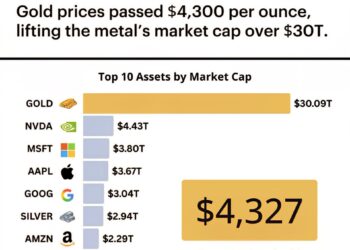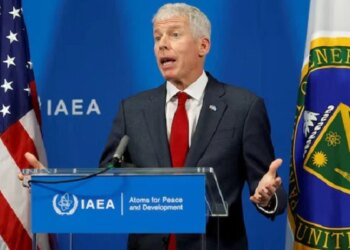Select Language:
China’s financial regulatory authority has revealed a case from the shadow credit market involving so-called professional debt-bearers, who are coached by intermediaries to obtain illegal bank loans. The ringleader of this operation received a 16-year prison sentence.
A criminal organization, responsible for recruiting 11 borrowers unable to repay loans and falsifying proof of down payments to secure mortgages between July 2019 and May 2020, was sentenced by a Chinese court. The leader was convicted of loan fraud and credit card fraud, receiving 16 years in prison and an 800,000 yuan ($112,420) fine.
Other members of the group received prison sentences ranging from three years to one year and six months, along with fines proportional to their involvement. The gang illegally obtained approximately 7.4 million yuan ($1 million) through the borrowers.
Additionally, the ringleader used the borrowed credit cards for personal expenses, accumulating a total debt of nearly 5.8 million yuan.
This growing market for professional debt-bearers depends on businesses and individuals who can’t secure loans themselves. They pay intermediaries to find credible borrowers—people with good credit but limited assets or low income—who then take out loans on their behalf. These intermediaries often falsify income and asset documentation to deceive lenders.
Once the loans are approved, the intermediaries take a share of the proceeds, pay a portion to the debt-bearers, and transfer the rest to their clients. These debt-bearers are legally responsible for repaying these loans, leading to regulatory concerns and criminal investigations.
Recent court reviews have shown that some criminal groups can generate hundreds of millions of yuan through such schemes. Intermediaries play a key role in organizing these crimes, including recruiting personnel, forging documents, and liaising with banks. The method is easily replicated and can lead to multiple offenses in a short time, posing significant societal risks and prompting calls for strict enforcement.
In response, financial authorities, the central bank, and securities regulators launched a week-long campaign to boost public awareness and promote vigilance against illicit financial activities.







